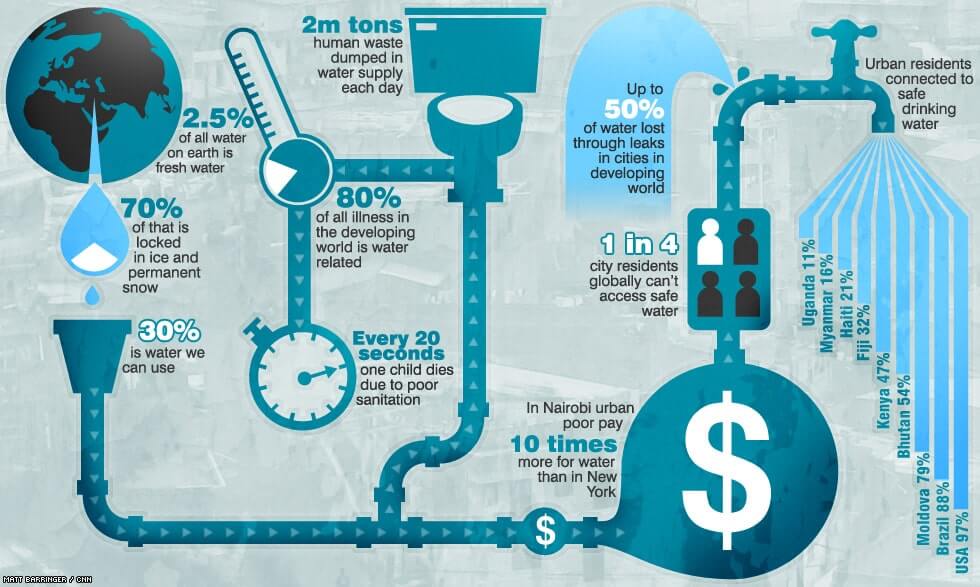The Future Of Home Home Heating - How Heat Pump Modern Technology Is Developing
The Future Of Home Home Heating - How Heat Pump Modern Technology Is Developing
Blog Article
Write-Up Written By-Dawson Roy
Heatpump will be an important modern technology for decarbonising heating. In a scenario consistent with federal governments' announced energy and environment dedications, their global ability doubles by 2030, while their share in home heating rises to one-quarter.
They function best in well-insulated homes and count on electricity, which can be supplied from a sustainable power grid. Technological innovations are making them more reliable, smarter and less expensive.
Fuel Cells
Heatpump use a compressor, refrigerant, coils and followers to relocate the air and heat in homes and appliances. https://heating-repair-companies64319.blogchaat.com/29352530/debunking-the-expense-of-installing-and-maintaining-a-heat-pump can be powered by solar energy or electrical power from the grid. They have actually been gaining popularity due to their inexpensive, peaceful operation and the capacity to produce electrical energy throughout peak power demand.
Some business, like IdaTech and BG MicroGen, are dealing with gas cells for home heating. These microgenerators can replace a gas boiler and create several of a residence's electric requirements with a connection to the electricity grid for the remainder.
But there are factors to be skeptical of using hydrogen for home heating, Rosenow claims. https://tylerpaper.com/news/experts-offer-tips-to-properly-use-maintain-air-conditioning-units-ahead-of-triple-digit-temperatures/article_806a9118-e8ee-11ec-b3b1-ff9acdc3b0e8.html would certainly be pricey and ineffective contrasted to various other modern technologies, and it would certainly add to carbon emissions.
Smart and Connected Technologies
Smart home technology allows homeowners to link and control their gadgets remotely with the use of mobile phone applications. For example, smart thermostats can learn your heating choices and immediately adjust to maximize power intake. Smart lights systems can be managed with voice commands and instantly switch off lights when you leave the room, reducing power waste. And wise plugs can monitor and manage your electrical usage, permitting you to determine and limit energy-hungry appliances.
The tech-savvy house shown in Carina's meeting is a good image of exactly how residents reconfigure room home heating methods in the light of brand-new wise home innovations. They count on the tools' automatic attributes to perform daily adjustments and concern them as a practical means of conducting their home heating practices. Because of this, they see no factor to adjust their methods better in order to enable versatility in their home power need, and treatments focusing on doing so may face resistance from these houses.
Electrical power
Considering that heating homes accounts for 13% of US emissions, a button to cleaner options can make a big distinction. But https://jasperoubhn.digitollblog.com/29125186/exposing-usual-myths-and-misconceptions-about-warmth-pumps encounters difficulties: It's expensive and requires comprehensive home remodellings. And it's not always compatible with renewable energy sources, such as solar and wind.
Till just recently, electric heatpump were as well costly to compete with gas versions in a lot of markets. Yet brand-new advancements in layout and materials are making them much more inexpensive. And look at this now is enabling them to function well also in subzero temperatures.
The following action in decarbonising home heating might be the use of warmth networks, which draw heat from a main source, such as a close-by river or sea inlet, and disperse it to a network of homes or buildings. That would reduce carbon emissions and permit families to make use of renewable energy, such as eco-friendly electrical power from a grid provided by renewables. This alternative would certainly be much less expensive than switching over to hydrogen, a fossil fuel that calls for brand-new facilities and would just lower CO2 discharges by 5 percent if paired with improved home insulation.
Renewable resource
As electricity rates drop, we're beginning to see the same fad in home heating that has driven electrical cars right into the mainstream-- but at an even quicker speed. The strong environment instance for impressive homes has actually been pushed further by new research.
Renewables represent a significant share of modern heat intake, yet have actually been offered minimal policy attention globally contrasted to other end-use sectors-- and also much less focus than electrical energy has. In part, this mirrors a mix of consumer inertia, divided incentives and, in lots of nations, aids for fossil fuels.
New technologies might make the change easier. For example, heat pumps can be made more energy effective by changing old R-22 cooling agents with brand-new ones that do not have the high GWPs of their precursors. Some experts also imagine district systems that attract warmth from a neighboring river or sea inlet, like a Norwegian fjord. The warm water can after that be made use of for heating & cooling in a neighborhood.